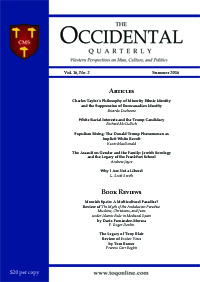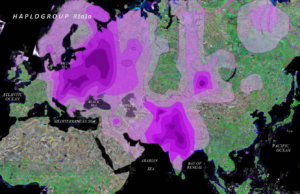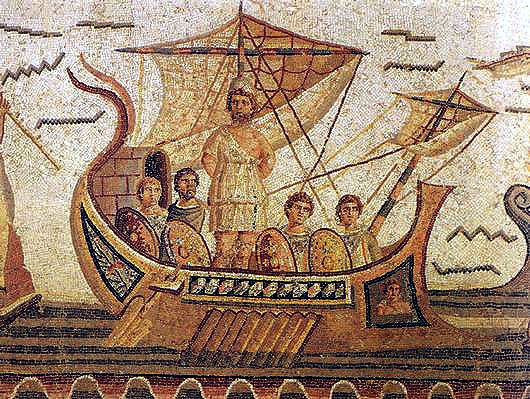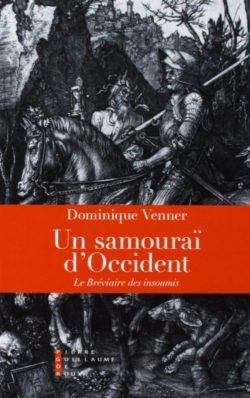Plato’s Racial Republic

Plato
Republic (Robin Waterfield Trans.)
New York: Oxford University Press, 1994
Egalitarians have argued that notions of nation and race are largely modern constructs. Marxists in particular have typically claimed that Western ruling classes invented these ideas to consolidate the power of bourgeois states or as a mere pretext to divide the working class along (supposedly imaginary) racial lines and to oppress their colonial subjects.
It is then important to look at the actual record of discussion of tribe, nation, and race in our European tradition. In fact, hereditarian and ethnocentric themes have been present in Western thought from the beginning. An example of this would be Herodotus, the very first historian, who 2,500 years ago already defined being part of the Greek nation through four criteria: common religion, common blood, common language, and common custom.
In this article, I will give an account of racial and ethnic thought in Plato’s monumental philosophical treatise, The Republic, which is widely recognized as the founding text of the entire tradition of Western thought. I will demonstrate the following points:
- Inequality: the idea that men are created unequal is absolutely pervasive throughout The Republic and is foundational to its ethics. Plato asserts that individuals have inborn differences in physique, personality, and intelligence, in addition to differences due to upbringing.
- Heredity and eugenics: Plato notes that human differences are significantly heritable and so often refers to eugenic solutions to improve both society and elites, with explicit comparisons to animal breeding.
- Patriotism: Plato argues that patriotism is a good and compares it with love for one’s family.
- Greek racial/ethnic identity: Plato argues that “ties of blood and kinship” meant Greeks should not wage war on one another or enslave each other, reserving this for non-Greeks, and that their common identity should be cultivated through joint religious practices.
Plato’s Republic presents a powerful vision of an aristocratic racially-conscious state.[1] The ruling elite, known as the “guardians,” and to a lesser extent the wider citizenry would steadily improve themselves both culturally through education and biologically through eugenics. The elite would reach for the truth through constant reflection and dialectic, while both elite and masses would be conditioned through (civil-)religious education, being taught to consider the pursuit of these cultural and biological goods as a sacred moral imperative.[2] Read more








